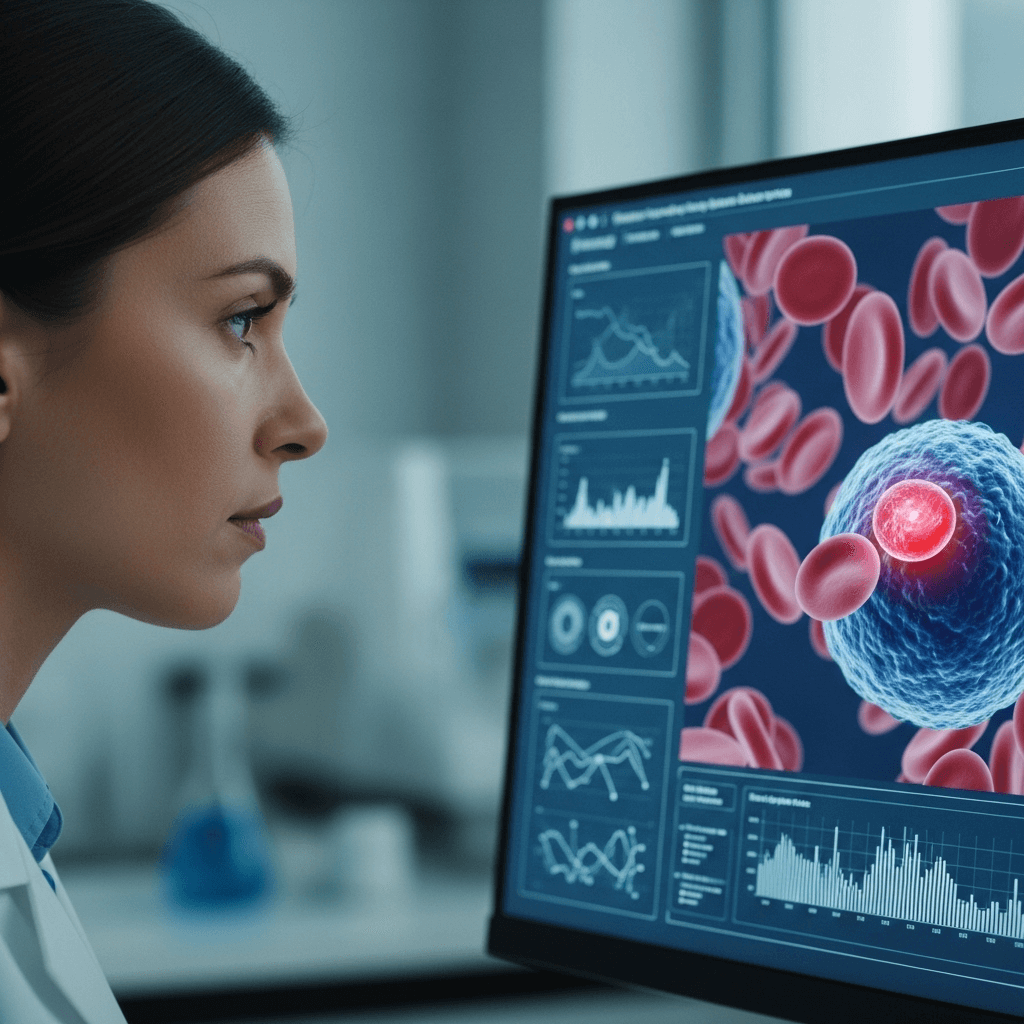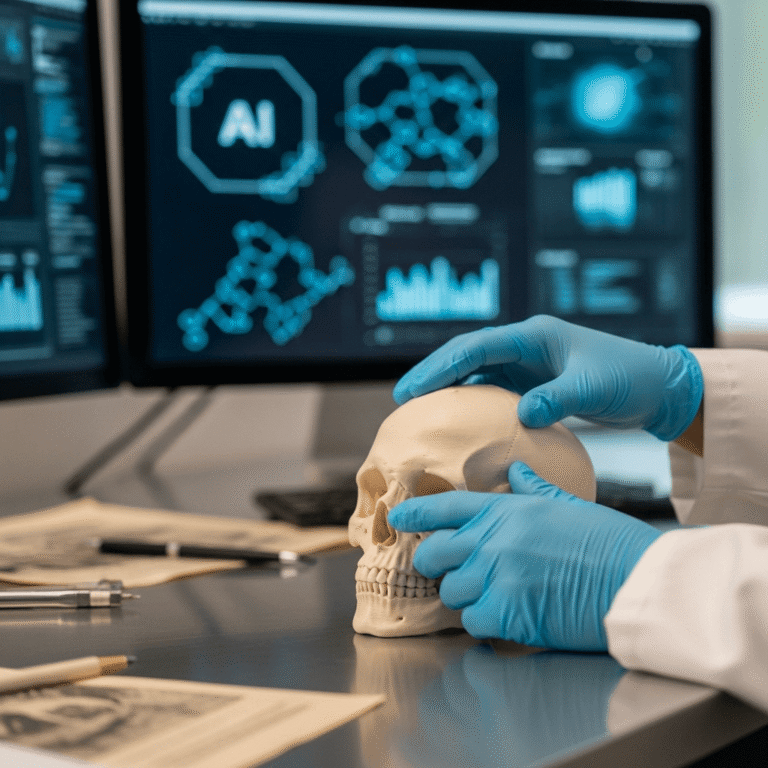AI Detects Early Blood Mutations: Cancer, Heart Disease
A groundbreaking AI tool is revolutionizing early disease detection, offering a vital new pathway to health. Researchers have developed this advanced system to identify subtle blood mutations years before symptoms appear. Importantly, these specific genetic changes are strongly linked to an increased risk of both cancer and heart disease, paving the way for proactive prevention and treatment strategies.
Unveiling Hidden Risks: How AI Detects Early Mutations
For a long time, detecting serious diseases like cancer and heart disease often began after symptoms emerged. Now, however, a remarkable AI tool is changing this paradigm significantly. This innovative technology specifically targets a condition known as clonal hematopoiesis of indeterminate potential, or CHIP, which involves the expansion of specific blood cells carrying gene mutations. These mutations, while not immediately causing disease, act as silent predictors of future health problems.
Specifically, the AI system meticulously analyzes DNA sequences from routine blood samples. It carefully scans for minute genetic alterations in blood stem cells. While these changes are common, especially as people age, their presence and particular patterns can signal a heightened vulnerability. Early cancer detection becomes a real possibility, as the AI identifies patterns of mutations that frequently precede various types of cancer. Furthermore, researchers have conclusively linked these same blood mutations to an increased risk of developing cardiovascular issues, including heart attacks and strokes. Therefore, pinpointing these changes early allows healthcare providers to identify individuals at a significantly elevated risk long before clinical symptoms manifest.
This sophisticated AI doesn’t just find mutations; it interprets their significance. Consequently, it offers an unprecedented window into an individual’s future health trajectory. Ultimately, this breakthrough empowers medical professionals to intervene much earlier, potentially altering the course of disease entirely.
The Future of Personalized Health and Prevention
The development of this advanced AI tool marks a significant leap forward in predictive health and personalized medicine. Historically, preventative measures often relied on general risk factors. Now, by identifying these specific blood mutations, doctors can offer truly tailored advice and interventions. For instance, individuals detected with high-risk CHIP mutations could undergo more frequent screenings for specific cancers, or they might receive aggressive management for cardiovascular risk factors much earlier than usual.
Moreover, this proactive approach holds immense potential to reduce the burden of chronic diseases. Imagine a future where a simple blood test, analyzed by this powerful AI, could alert you to a higher risk of heart disease years in advance. Consequently, you could adopt critical lifestyle changes, such as dietary adjustments, increased physical activity, or targeted medications, effectively preventing the onset of severe conditions. Similarly, for cancer prevention, early detection could lead to less invasive treatments and significantly improved survival rates. This isn’t just about finding problems early; it’s about preventing them altogether.
Ultimately, this research opens exciting new avenues for further scientific exploration. Researchers will undoubtedly continue to refine the AI’s predictive capabilities and explore new therapeutic strategies specifically designed for individuals with these early genetic markers. The integration of such AI tools into routine healthcare promises to transform how we approach health, moving from reactive treatment to truly proactive prevention. Therefore, this innovation stands as a beacon of hope for a healthier future for everyone.
In summary, this groundbreaking AI tool represents a paradigm shift in medical diagnostics. By accurately identifying early blood mutations linked to an increased risk of both cancer and heart disease, it empowers unprecedented proactive healthcare. This innovation promises to revolutionize prevention, allowing for personalized interventions and earlier screenings years before symptoms manifest. Ultimately, this technology offers a powerful new weapon in our fight against major diseases, paving the way for a healthier, more predictable future for countless individuals worldwide.
Source: Medical Xpress







